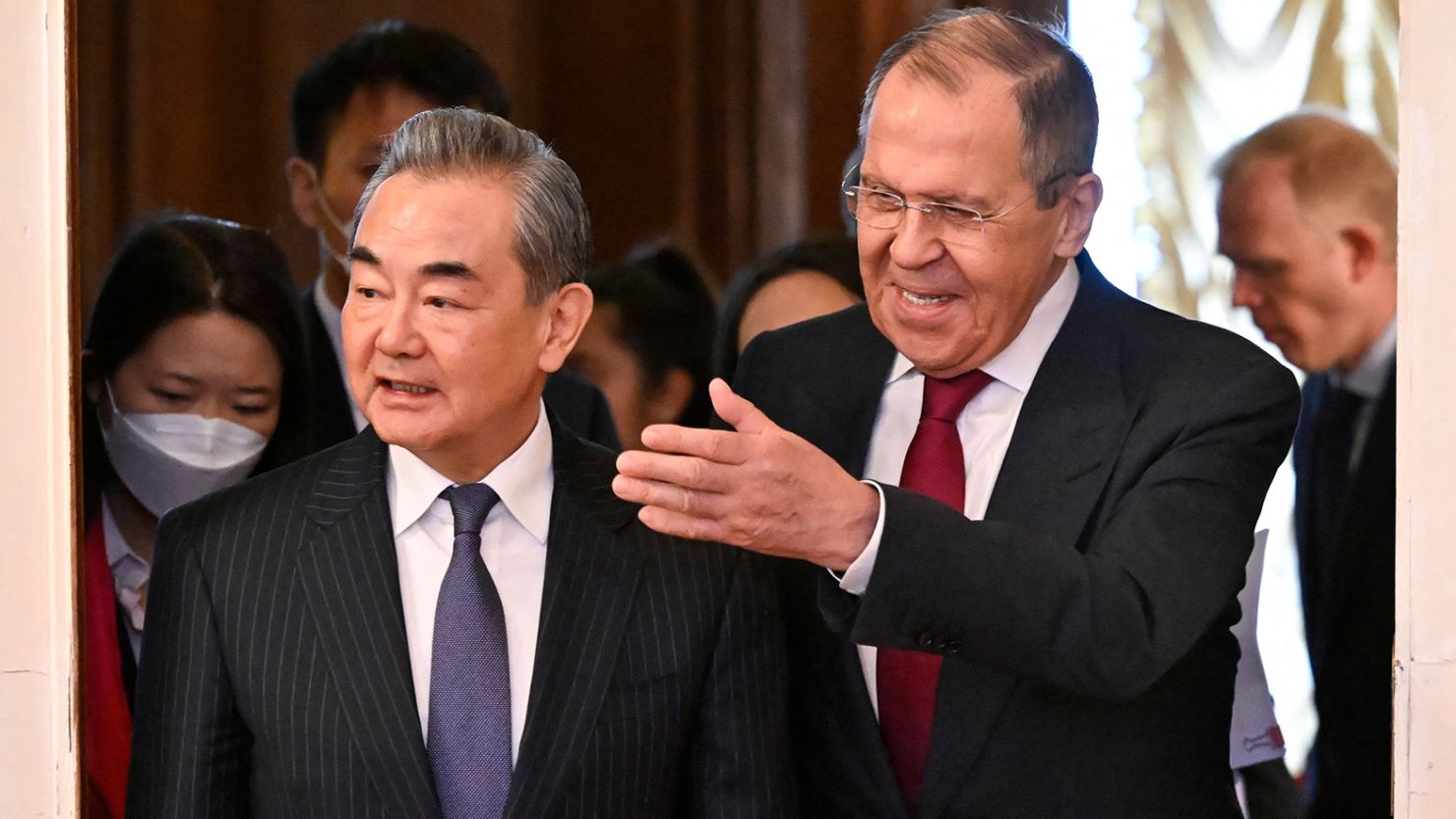China Affirms Support for Russia as EU Pushes for Ceasefire During High-Level Brussels Talks

Beijing’s Stance: China Signals Support for Russia During Brussels Meeting on Ukraine War
High-Level Talks Reveal China’s Position on the Ukraine Conflict
China’s foreign policy took center stage in Brussels, where Foreign Minister Wang Yi communicated a clear message during talks with EU High Representative for Foreign Affairs and Security Policy, Kaja Kallas. According to information reported by the South China Morning Post, Wang Yi conveyed that Beijing “cannot afford for Russia to lose the war in Ukraine”. The reasoning behind this stance is rooted in strategic concerns over the United States potentially pivoting its full attention to China if Russia were to suffer a defeat.
This disclosure surfaced during a significant diplomatic meeting on July 2, bringing together senior officials from China and the European Union. As reported, several sources familiar with the negotiations confirmed the strategic nature of Beijing’s approach, emphasizing that China’s interests are closely linked to the wider geopolitical landscape shaped by the conflict in Ukraine.
The Strategic Calculus Behind China’s Position
A key takeaway from the meeting is the interpretation that, while China did not instigate the war in Ukraine, it perceives potential benefits in allowing the conflict’s duration to extend. As the South China Morning Post noted, the ongoing war could potentially serve China’s strategic interests as long as the United States remains deeply engaged in supporting Ukraine.
Analysts suggest this stance reflects a broader calculation: if the U.S. remains preoccupied with Ukraine, the likelihood of an intensified focus on pressure against China diminishes. Accordingly, Beijing’s position signals a delicate balance between supporting Russia and managing its own long-term security concerns.
European Union’s Response: Calls for Ceasefire and Restriction of Support
During the Brussels talks, Kaja Kallas pressed China to halt any material support for Russia’s military-industrial complex. The European Union’s representatives also underscored the urgent need for a comprehensive and sustainable ceasefire in Ukraine. These appeals highlight the EU’s dedication to seeking diplomatic channels to resolve the conflict and to limit external assistance that might enable its continuation.
European leaders are acutely aware of the complex network of alliances and dependencies that shape the dynamics of the Ukraine conflict. The EU’s direct request aimed at Beijing reflects growing concern about the potential ramifications if China’s support for Russia persists.
Diplomacy and the Future of the Conflict
The outcome of this diplomatic engagement underscores the high stakes involved for all parties. China’s clear message in Brussels provides further insight into how global powers are positioning themselves as the war in Ukraine enters a new phase. By articulating that it will not allow Russia to lose, Beijing is not only supporting a key strategic partner but also signaling its intent to shape the future of Eurasian security dynamics.
This latest development is a reminder of the intricate interplay between global pressures, alliances, and strategic interests. As the conflict continues, China’s stance and the EU’s efforts to mediate will remain pivotal factors influencing the broader trajectory of the Ukraine war and international relations moving forward.
Key Points from the Brussels Meeting
- China stated its opposition to a Russian defeat in Ukraine, citing concerns over U.S. strategic focus.
- Beijing’s approach may benefit from a prolonged conflict as long as U.S. resources remain tied up in Ukraine.
- The EU urged China to end material support for Russia’s military capabilities and advocated a complete ceasefire.
- The events underscore the significant role of diplomacy in shaping the conflict’s future.
As these discussions continue, the global community will be watching closely for further shifts in policy, rhetoric, and actions from key stakeholders in the ongoing Ukraine conflict.
